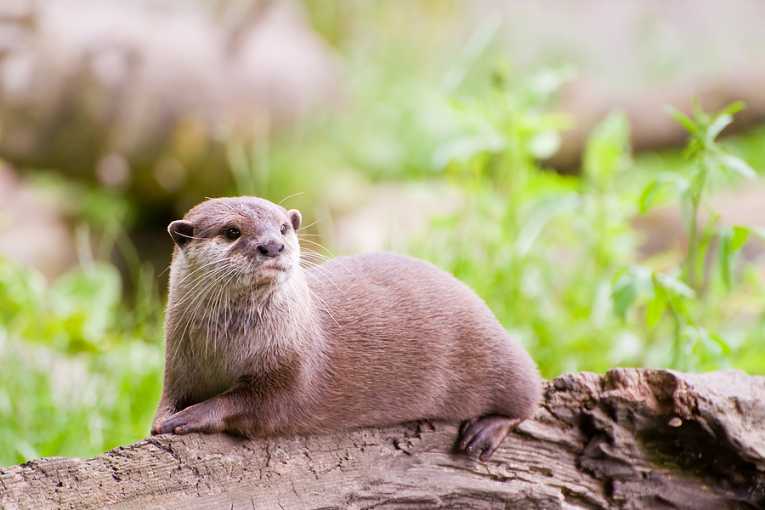Thirty years ago their numbers had declined by a staggering 95%. Now, thanks to a generation of conservation work tending to rivers and waterways, the otter population has seen a dramatic boom returning to every county in England.
Pesticides and persecution were blamed for a slow and steady drop in the number of otters across England in the 20th century. For otters, at the top of the food chain in the country's rivers, a change in policy over the management of waterways, as well as protecting the species, is being citied as the main reason for their resurgence.
Otter hunting was banned in 1978. The 70s also marked a change in attitude towards the presence of pesticides in rivers and lakes. Now, the otter is seen in cities where it has not been spotted for a generation, including Bristol, Birmingham, Manchester and even on the Thames. The most dramatic rise was in Lancashire where a recent survey at the River Ribble showed a 44% increase in their numbers.
It was the spotting of otters at two locations in Kent, which the Environment Agency says completes their renaissance. Otters were spotted building holts on the banks of the River Medway and River Eden.
Conservationists in the area as late as December last year still had not seen any otters and believed it would be another decade before the species returned to their rivers.
"The fact that otters are now returning to Kent is the final piece in the jigsaw for otter recovery in England and is a symbol of great success for everybody involved in otter conservation," said Alastair Driver, the national conservation manager for the Environment Agency.
"The recovery of otters from near-extinction shows how far we've come in controlling pollution and improving water quality. Rivers in England are the healthiest for more than 20 years, and otters, salmon and other wildlife are returning to many rivers for the first time since the Industrial Revolution."
The Environment Agency, working with partners including wildlife and angling organisations, has this year been granted an additional £18m of funding by the Department for Environment, Food and Rural Affairs to help more English rivers meet new EU targets on the health of rivers.
Otters have also benefited from reductions in the volume of water extracted from rivers by water companies, farmers and industry. According to the Environment Agency, around 35m fewer litres a day are now being taken from the River Darent in Kent than 20 years ago, support larger populations of wildlife including brown trout and pike.
Top Image Credit: Otter resting on a felled log near a river in the UK © Oneworld-images










